Social and Cultural Design in Monchique – CiAUD Embryo Project
Coordination: Designer Rita Filipe · Team: Anthropologist Julia Carolino
Designer Maria Caeiro · Architect Jorge Mealha
Resume
Cosmopolitanism is now seen as bringing together traditional and local vernacular cultures as diverse contributions to contemporary culture. The recovery of the vernacular in post-colonialism thus emerges not as a nostalgia for the exotic or imperialist, but as a portrait of the cultural diversity that today constitutes an appropriate and recognizable legacy for all, but which implies a careful study of artistic, ethical, cultural and cultural issues. social and political issues that arise in the various fields of theoretical knowledge, within the scope of this theme.
After a first stay with the students in Monchique, we considered it pertinent to work on the connection and interconnection between people of different nationalities who live in the mountains and in the city; on mutual assistance and collaboration strategies in the field of social design; support isolation in the mountains, map their presence in the mountains and promote moments of social and cultural contact; communication strategies of knowledge about material and immaterial culture.
We propose to work in a network, sharing nature, technology and sustainability. To promote the vision of a cosmopolitan and dynamic rurality, which today is very close to the urban imaginary, and an integrated experience in a global network of innovation and sustainability projects.
…………………….
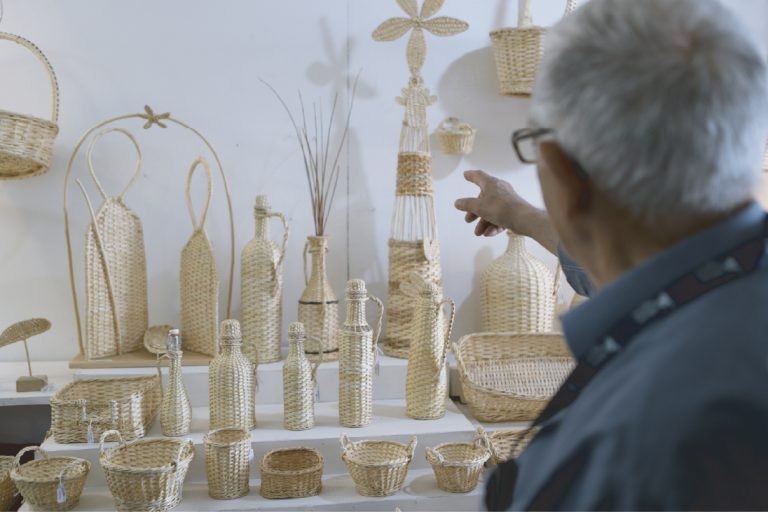
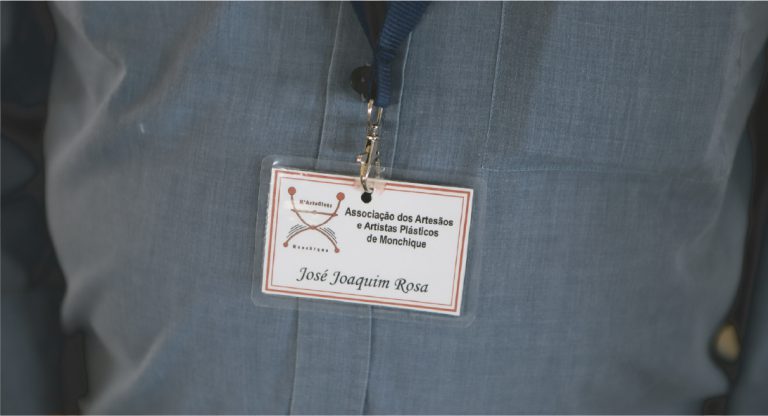
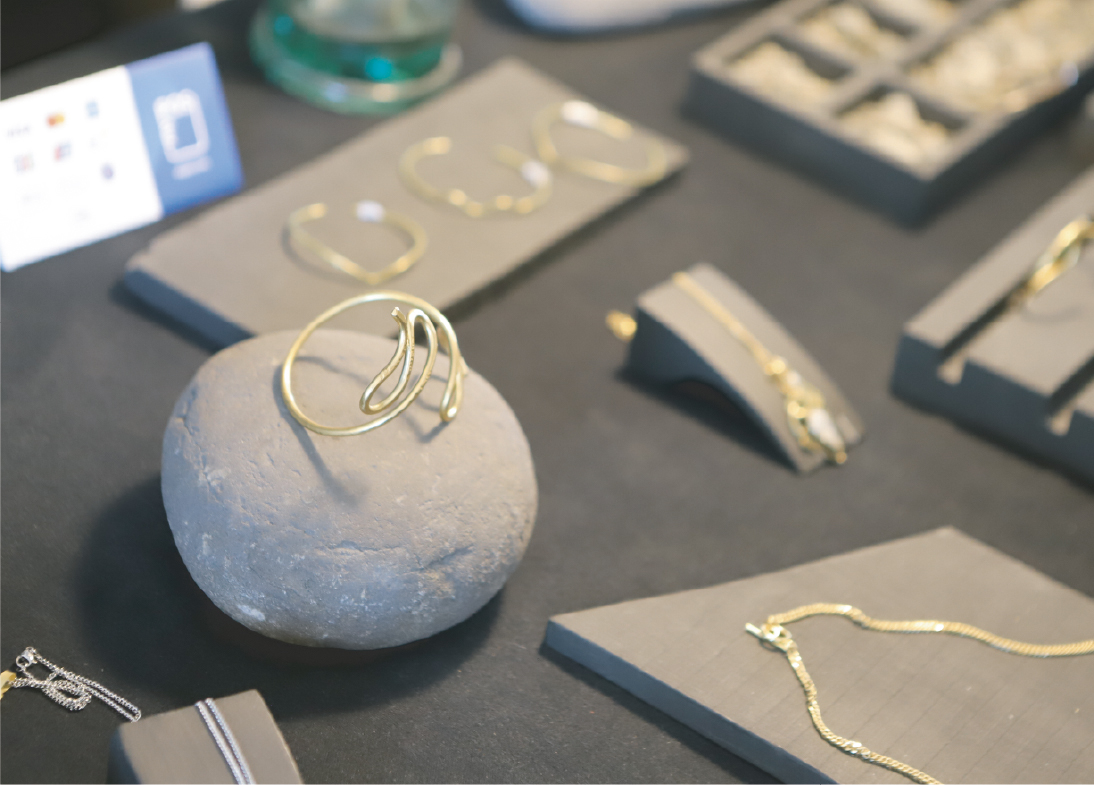
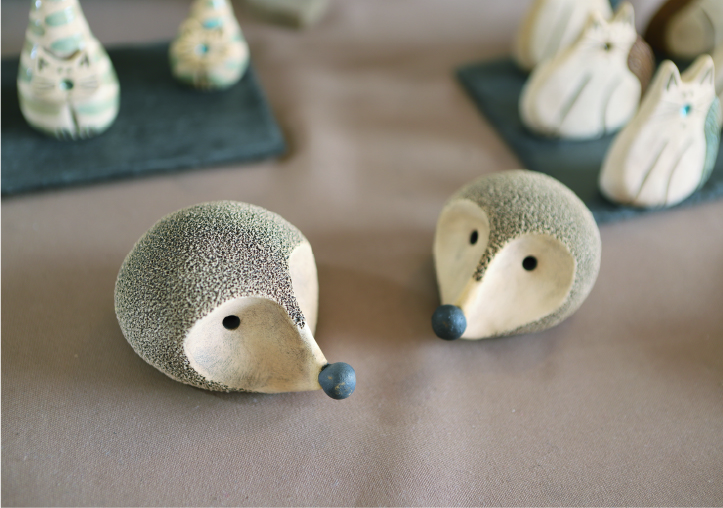
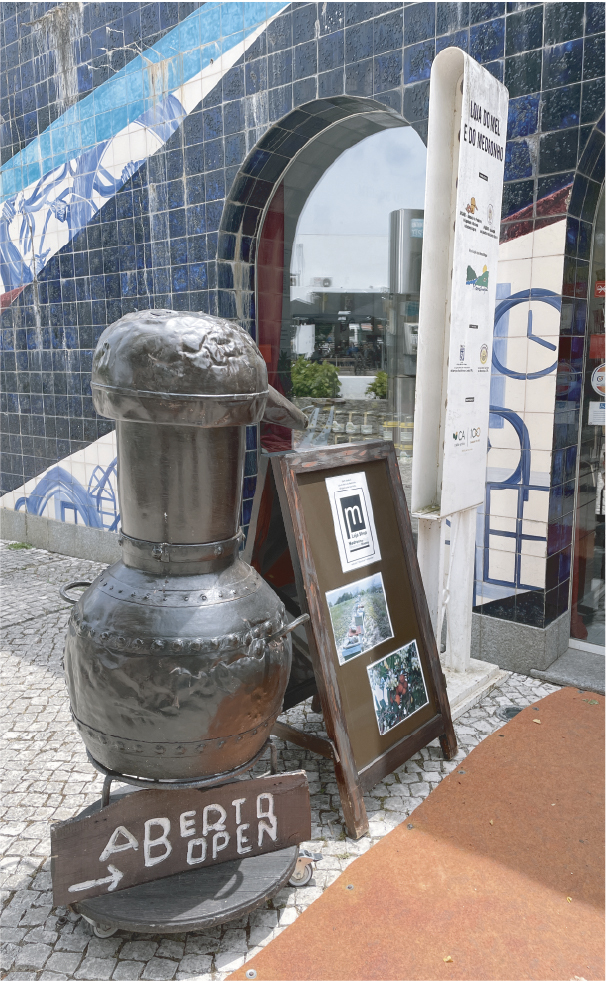
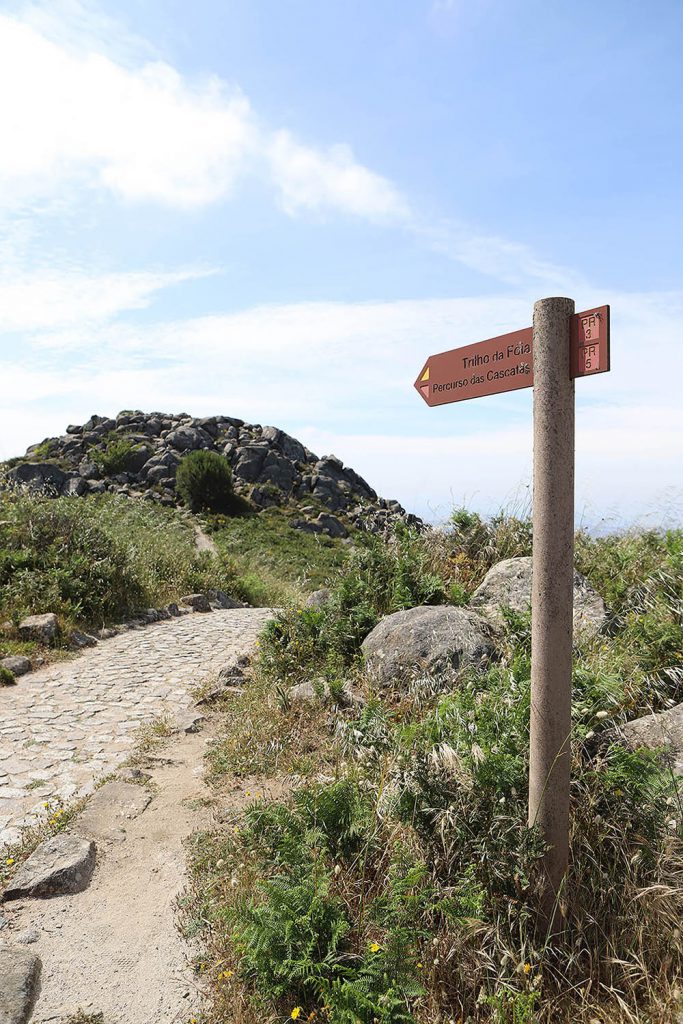
Research plan
This is a collaborative project working on cultural and social innovation in Monchique. With a focus on contemporary rurality, it aims at rethinking contemporary cultures and societies through design. The project main issue is rethinking the value of rurality through a local cosmopolitanism.
Through proposals in the fields of urbanism, architecture, and product, communication and fashion design, the project envisages an update on the relevance of Monchique, a rural town in the inner Algarve, with a valuable cultural heritage and an ageing and gradually diminishing population.
The project aims to contribute, by working towards valuing the existing material and immaterial heritage, encouraging the sharing of knowledge and social collaboration amongst local communities, that are nowadays characterized by an important cultural diversity. By implementing new practices that show the opportunity and sustainability of traditional practices; by introducing new concepts and social and cultural connections, the project will enhance the value and the reinvention of life in Monchique’s rural environment.
This project is a follow-up of a previous action-research done with students and researchers in Monchique, in 2019.
Objectives
To maintain the population in a rural region in a process of desertification.
To bring academia and civil society closer together, applying the theoretical and practical knowledge acquired in class to the social, economic and environmental needs of the population.
To create employment opportunities and entrepreneurial dynamics complying with the objectives and opportunities pointed out by this project.
To produce projects suitable to the productive capacity of the region, actively contributing to the development of the region and the valorization of local handicrafts.
To teach students the practice of participatory social and cultural projects, of social and environmental sustainability, in line with the real lives of people.
We think that including students can contribute to a better interaction with the younger population of Monchique.
This project meets the assumptions and objectives of the New European Bauhaus and the Green Deal and may compete for the New European Bauhaus awards.
Scientific relevance for the discipline
This is a research project developed by students and researchers, working side by side, sharing experience and work processes as an open book in the teaching of design practice.
The multidisciplinary scope of the project, bringing together students from all degree levels, will illustrate what joint project work will look like in the future, actively contributing to the formation of multidisciplinary teams.
Social participation is a way of listening to contemporary sustainable and social needs, and a project opportunity to be developed in collaboration within project and the social sciences, as key tools in working with the population, in a humanist and sustainable perspective in all its aspects. To build a new creative approach to traditional and vernacular objects, architecture and social structures.
Specific design contribution – updating, collaborative reframing of tradition and local material culture, cultural sharing between resident different cultures.
Expected economic and social impact
To contribute to maintain and increase the amount of population in a rural region threatened by desertification.
To contribute to a more balanced human and environmental relationship – preventing additional demographic decline in the mountains is crucial for the prevention of fires, amongst other aspects of sustainability.
To improve communication of and in the region – the isolation of the uplands contributes to the progressive distancing of craftsmen – who live isolated, with few business opportunities, and see their production cyclically destroyed by fires.
To create job opportunities and entrepreneurial and sustainable dynamics among young people, in line with the objectives and opportunities pointed out by this project.
Sharing and reinventing the material culture and local know-how are instruments that give meaning to new collective practices and local traditions and boost local development and their active presence on the global scene, contributing to the settlement and increase of the population in the rural environment.
Methodology
The project undertakes qualitative research and interacts with ongoing local projects regarding rural change and sustainable development at Serra de Monchique. It entails two phases, combining two sorts of approaches. Initially (March-July), open-ended interviewing with key stakeholders and bibliographical /documental research enabling the characterization of rural change in Monchique, mapping the main issues it raised for local life and getting in touch with ongoing local projects. Additionally, our inquiry updated data obtained in 2019 regarding potential interests for an intervention in the domain of Design. In the following phases (September-December), an iterative process will be privileged, combining participative and ethnographic fieldwork (participant observation) with the design studio and peer-to-peer discussion (academia) (Drazin, in Otto and Smith, 2013, p. 34). Student involvement and learning-by-doing are also valued.
Expected scientific results
Profiting from the partnership with the University of the Algarve, we propose to hold a scientific meeting in Monchique, open to the population and all the local institutions and associations, to present the accomplished work and to contribute to the successful implementation of the project.
We also propose the publication of a book about the project, reflecting the theoretical and practical aspects of the research. This book would have the theoretical contribution of all the participating teachers and all the practical projects developed in collaboration with and by the students.
This project meets the assumptions and objectives of the New European Bauhaus -Green Deal, and may compete for the New European Bauhaus awards, as this theme is in agreement with several different calls for papers and projects.
Ongoing tasks
Within the scope of communication, we are preparing a collection and analysis of information on the identity of spaces and professionals in the field of handicrafts in the region of Monchique.
How they communicate and publicize what is produced in Monchique by local artisans.
